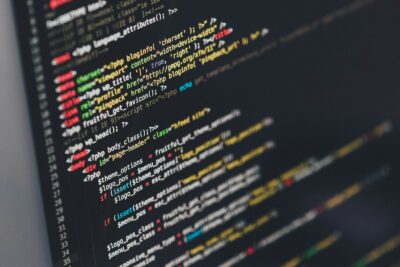Addressing Bias in Training Data for Fair AI Models
The presence of bias in training data is a significant challenge that can compromise the effectiveness and ethicality of AI systems. In regions like Saudi Arabia and the UAE, where AI is increasingly integrated into various sectors such as finance, healthcare, and government, addressing bias is not just a technical issue but a societal imperative. Executives and leaders must be proactive in identifying and mitigating bias in training data to foster trust in AI systems and ensure their decisions reflect fairness and inclusivity.
The first step in addressing bias in AI models is recognizing the sources of bias in training data. Bias can arise from several factors, including historical inequalities, unrepresentative datasets, and subjective labeling practices. For example, if an AI model trained in the UAE is used to make hiring decisions, and the training data primarily includes profiles from a specific demographic, the model may unfairly favor that group. This type of bias can perpetuate existing inequalities and undermine the credibility of the AI system. Leaders in Saudi Arabia and the UAE must ensure that their AI systems are built on diverse and representative data to prevent such biases from influencing critical decisions.
Mitigating bias in training data requires a multi-faceted approach that combines technical solutions with organizational strategies. Techniques such as data augmentation, where additional data from underrepresented groups is added to the training set, can help balance the dataset. Additionally, algorithms can be designed to detect and correct for bias during the training process. However, technical fixes alone are not sufficient. It is equally important for organizations to foster a culture of fairness and inclusivity, ensuring that AI systems are developed with input from diverse teams and stakeholders. In regions like Riyadh and Dubai, where AI is poised to drive economic growth, the commitment to fair AI practices will be crucial in maintaining public trust and ensuring the long-term success of AI initiatives.
Strategies for Effective Bias Mitigation in AI Models
One of the most effective ways to mitigate bias in AI models is to build diverse and representative datasets. This process involves collecting data that reflects the diversity of the population that the AI system will serve. In the context of Saudi Arabia and the UAE, this means ensuring that data used in AI systems includes a wide range of demographics, such as gender, age, ethnicity, and socio-economic status. By doing so, AI systems can better understand and cater to the unique needs of different communities, leading to fairer and more accurate outcomes.
In addition to collecting diverse data, it is essential to continuously evaluate and update datasets to ensure they remain representative. As societies in Riyadh, Dubai, and other regions evolve, so too must the data that feeds AI systems. Regular audits of training data can help identify any emerging biases and prompt timely updates. Furthermore, involving diverse teams in the data collection and evaluation process can provide multiple perspectives, reducing the likelihood of overlooked biases. By prioritizing diversity at every stage of AI development, leaders in the region can ensure that their AI systems are not only effective but also equitable.
Implementing Transparent and Accountable AI Development Practices
Transparency and accountability are key to mitigating bias in AI models. Organizations in Saudi Arabia and the UAE should adopt practices that make the AI development process as transparent as possible, allowing for external review and validation. This can be achieved by documenting the sources of training data, the methodologies used to mitigate bias, and the decision-making processes behind AI models. When stakeholders can see how AI systems are built and understand the efforts taken to ensure fairness, they are more likely to trust and accept the outcomes of these systems.
Accountability in AI development also means holding developers and organizations responsible for the performance of their AI models. This includes establishing clear metrics for evaluating bias and fairness, as well as mechanisms for addressing any identified issues. In regions like Riyadh and Dubai, where AI is expected to play a significant role in public and private sectors, accountability frameworks will be crucial in ensuring that AI systems are aligned with societal values and ethical standards. By fostering a culture of transparency and accountability, organizations can mitigate bias and build AI systems that serve the best interests of all stakeholders.
#top-ceo-2024, #AIethics, #AIdevelopment, #SaudiArabiaAI, #DubaiTechnology























